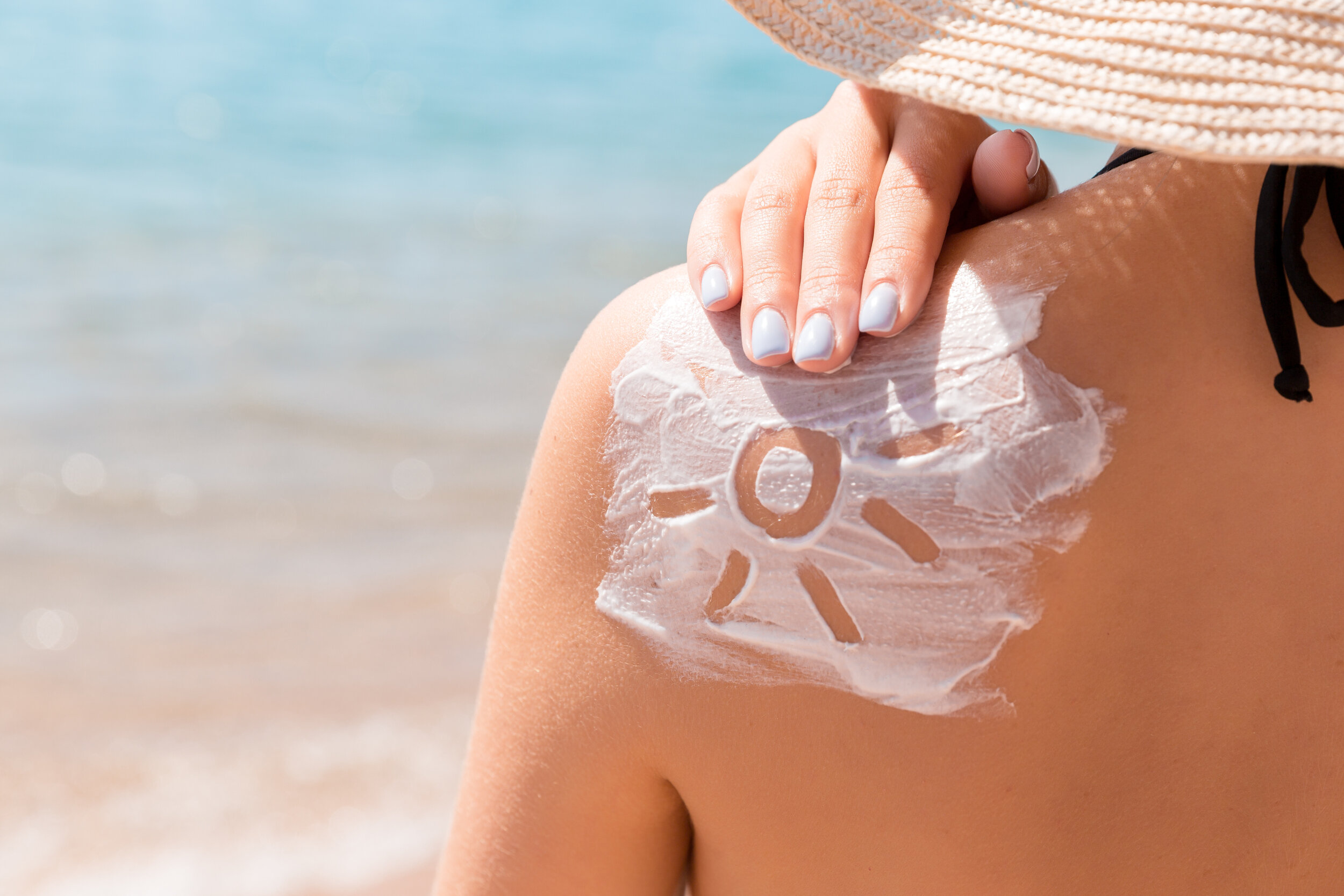Summer, Cancer, Self- Care
Summer, Cancer, Self- Care
Essential Tips On How To Balance Summertime, Cancer Treatment, And Self- Care
Stay Hydrated
Practicing self-care is something everybody should be practicing 365 days a year. But sometimes our work, relationships, and everyday responsibilities take up all of our time, leaving nothing for self-care. Now that summer is approaching, however, incorporating self-care into our daily routines has become a little bit easier.
Staying hydrated, using sunscreen, and avoiding heat exhaustion is a great place to start!
So, stay hydrated. Our bodies are 70% water. Besides oxygen, water is the most important thing our bodies need. Water is required for the digestion and absorption of food, regulating body temperature and blood circulation, moving nutrients and oxygen from our blood to our cells, and helping our kidneys remove toxins and other wastes from our system.
Another health benefit of water is its role in fat metabolism. When we are dehydrated, our kidneys cannot eliminate waste as effectively and will turn some of its workloads over to the liver. If the liver is doing the kidneys’ work, the kidneys are unable to break down fat. This is why we are encouraged to drink plenty of water when trying to lose weight.
How much water do we need to drink? An average-sized adult uses as much as 10-12 cups of water every day just to breathe, digest food, eliminate waste and perspire. We lose even more water during boiling weather and vigorous activity. It is recommended we drink half our body weight in ounces of water each day.
This Needs To Be Said Over And Over Every Summer: Please, Use Sunscreen
We love the warm glow of sun-kissed skin. However, we put ourselves at risk when we do not protect our skin from the wrinkles, burns, cancer caused by UVA and UVB rays. Skin cancer is the most common form of cancer in the United States. Risk factors include:
Light complexion
Family history of melanoma
Age 40 or older
Sun exposure and sunburn
Skin cancer can develop in anyone, even young people and those with dark skin, hair, and eyes. Between 10 a.m. and 4 p.m. is the most hazardous time for UV exposure. UV rays can also reach you on cloudy or hazy days.
Sunscreen can reduce your risk, working to absorb, reflect and scatter sunlight. The American Academy of Dermatology recommends using an SPF of at least 30. Other prevention tips include seeking shade, wearing loose-fitting long-sleeved shirts and pants, wearing hats with a brim, and wearing sunglasses with UV protection.
Heat Exhaustion
Anyone can develop heat exhaustion and children under and adults older than 65 years of age have the highest risk. Certain medications, such as those for high blood pressure, allergies, and some sedatives and antipsychotics can affect the body’s ability to regulate temperature. Obesity also puts people at greater risk for heat-related illnesses. Heat exhaustion symptoms include:
Cool, moist skin with goosebumps even in the heat
Faintness
Dizziness
Fatigue
Weak, rapid pulse
Muscle cramps
Nausea
Headache
If any of these heat exhaustion symptoms occur, stop all activity, move to a cooler place, drink water, and seek medical attention if symptoms persist or worsen. Self-care is important for our health and overall wellness year-round. Summer is a special time, so let’s make this one fun and safe!
Why Is Self-Care So Important?
Cancer is primarily out of our control. Its demands can make us feel helpless or frustrated. But there are some things we can do to regain a sense of control. We can’t change cancer, but we can make decisions about how we care for ourselves. Self-care is one way to “get back in the driver’s seat.”
Through self-care, we pay attention to our needs, strengthen our reserves and perhaps even build resilience. Learning to lovingly care for ourselves is not the same thing as being self-indulgent. Self-care during cancer treatment is an essential and vital part of happiness and health. Research shows that regular self-care practices can reduce the adverse effects of stress, sleep disturbances, and anxiety. It has also been shown to prevent overload and help build focus.
Some of us might be able to rattle off a long list of practices and experiences they consider to be effective self-care; others might struggle to identify one or two. We might also find, in stressful or challenging times, that our previous self-care strategies no longer work. New situations sometimes require new approaches.
Vacation days give you breaks in your routine, warmer weather allows for more outdoor time, and summer's carefree, slow-mo vibe means fewer distractions from giving yourself the love you need and deserve. "Self-care may mean different things to different people, but I consider it anything that you do to make yourself feel and function at your best," says Dr. Shyamali Singhal, surgical oncologist and founder of H&B.

